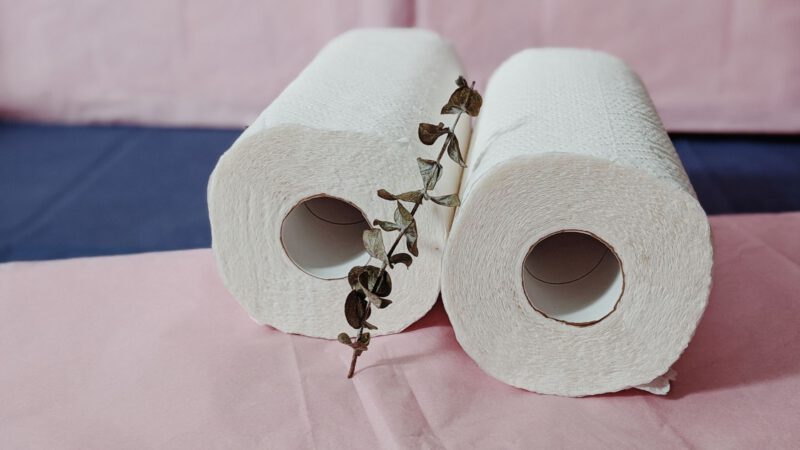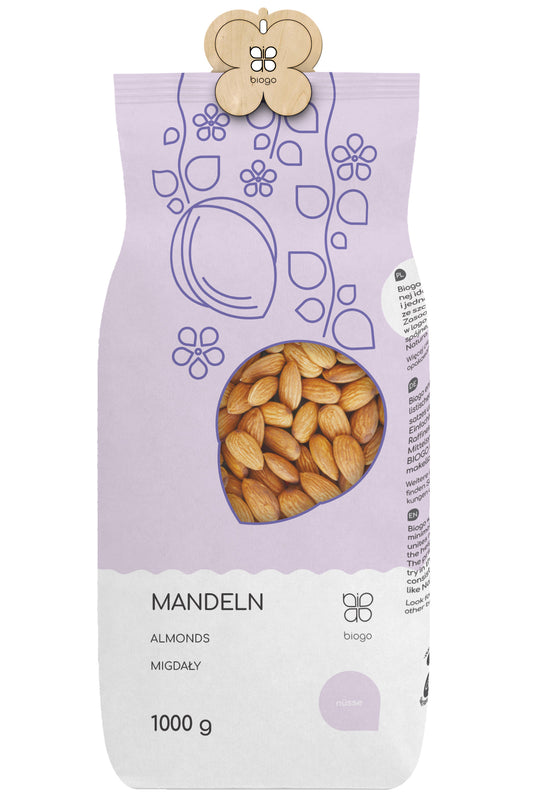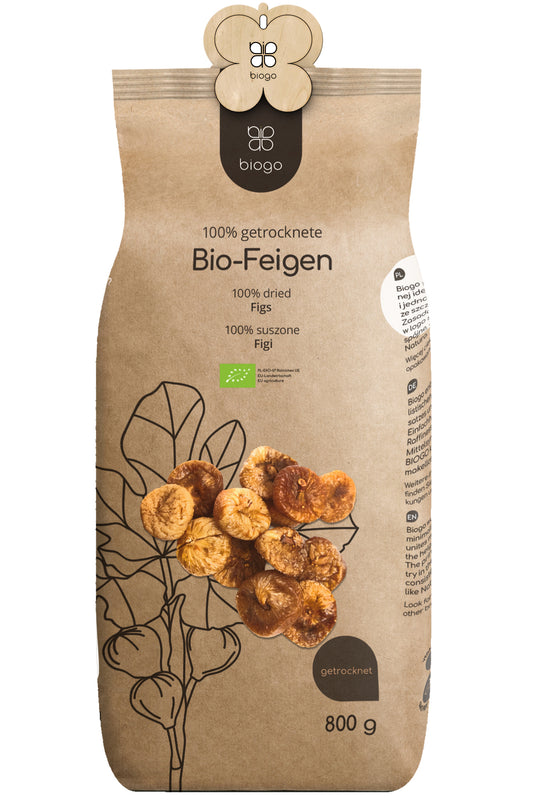CONTENTS
- The increase in paper consumption worldwide
- What is worth using instead of disposable kitchen towels?
- Discover the benefits of eliminating paper kitchen towels
We use them for everything—for cleaning, for wiping our hands when water, coffee, or wine spills, for wiping fruit after washing. Paper towels seem irreplaceable. In fact, they're incredibly convenient. We easily and without thinking, tear off the next sheet, which ends up in the trash in no time. But that's okay, isn't it? It decomposes quickly and leaves no trace. Such a solution seems environmentally friendly, but is it really?
The increase in paper consumption worldwide
According to the report "The State of the Global Paper Industry" developed by the Environmental Paper Network, paper consumption has quadrupled in the last 50 years. In just one year, 55 kg of paper are used per person worldwide, 147 kg in Europe, and 143 kg in Poland per person per year. Paper production leaves a large carbon footprint. The production of paper towels consumes large amounts of water and energy. Trees are cut down for this purpose, which play an invaluable role in curbing climate change and are our allies in the fight for cleaner air. And that's not all. How do paper kitchen towels become white and fluffy? Unfortunately, they are made from chlorine-bleached paper. And what does this mean for us and the environment? Chlorine compounds are toxic and harmful to nature and people. Toxic dioxins, among other substances, end up in the waterways via paper mill wastewater. Added to this are enormous amounts of water and energy consumption, as well as the trees used to make paper.
What is worth using instead of disposable kitchen towels?
How is it possible that today we can no longer imagine life without paper towels? How did our grandmothers and mothers manage without them? After all, they are a relatively new product on the market. Disposable kitchen towels were first introduced in the USA in the 1930s, and it took decades to convince consumers that they were a must-have. In Poland , towels appeared later, after the fall of communism. It took a long time for advertisers to convince consumers that they needed something they could have done without. And while the use of disposable towels in public restrooms, schools, or hospitals is justified, for the sake of the environment and in accordance with the zero-waste philosophy, we can do without them completely in everyday life at home. Instead, conventional towels made of cotton or linen are perfect. They absorb water very well, tolerate washing well, even with ecological products, and, if necessary, boiling. You can use them to wipe your hands, clean windows, and wipe fruits and vegetables with water, just like paper towels, and they won't end up in the trash after a single use. To wipe the table or dust, you can use a damp cloth and dry it with a clean cotton towel. We can make these ourselves, for example, from old cotton T-shirts.
Discover the benefits of eliminating paper kitchen towels:
- Limiting the production of household waste,
- not contribute to excessive tree felling,
- Impact on pollution reduction,
- Save money.
We primarily associate environmental pollution with the clothing industry and transportation. When we talk about ecology, the impacts of carbon dioxide emissions and plastic pollution come to mind. We forget that paper production, which requires the felling of trees and the use of harmful chemicals, is also expensive, especially for nature.
THE PUBLISHER'S CHOICE
Dried dates 1 kg BIOGO
- £4.00
£5.00- £4.00
- Unit price
- / per
Almonds 1 kg BIOGO
- £11.00
£13.00- £11.00
- Unit price
- / per
Peeled sunflower seeds 1 kg BIOGO
- £3.00
£4.00- £3.00
- Unit price
- / per
Dried organic mango 400 g BIOGO
- £10.00
- £10.00
- Unit price
- / per
Dried White Mulberries 500 g ORGANIC
- £6.00
£7.00- £6.00
- Unit price
- / per
Popcorn (corn kernels) organic 1 kg BIOGO
- £6.00
- £6.00
- Unit price
- / per
Organic Ground Turmeric 500 g BIOGO
- £6.00
- £6.00
- Unit price
- / per
Milk thistle seeds 1 kg BIOGO
- £4.00
- £4.00
- Unit price
- / per
Dried organic figs 800 g BIOGO
- £27.00
- £27.00
- Unit price
- / per
Bag #changezbiogo Cotton v.2
- £3.00
- £3.00
- Unit price
- / per






































































































































